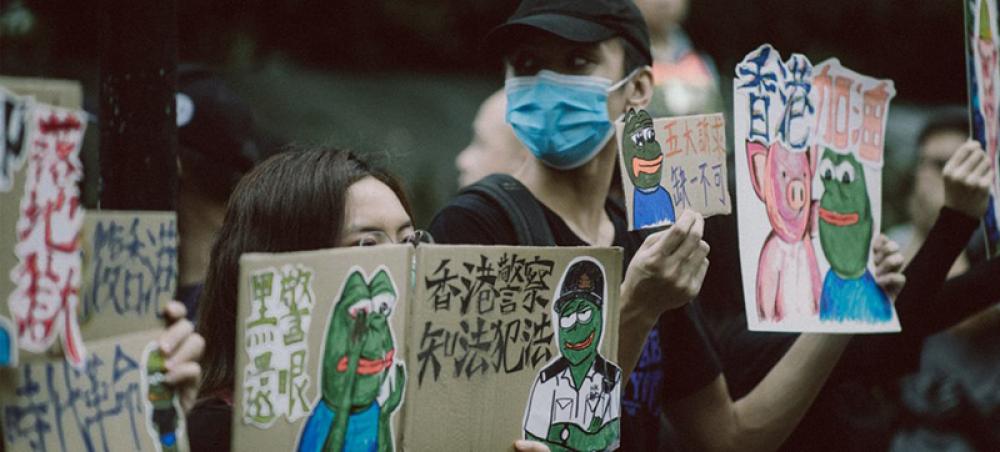Just Earth News | @justearthnews | 29 Jul 2022, 04:31 am Print
 Hong Kong
Hong Kong Image: Unsplash/Joseph Chan
New York: Independent UN-appointed human rights experts who have urged China to repeal Hong Kong’s 2020 national security law (NSL) after claiming that its use had led to the arrest of children, said on Wednesday that they welcomed pledges to replace it with a more transparent and consultative process.
Chinese and Hong Kong officials have said the law, imposed “overnight” by Beijing in June 2020, was necessary to restore and safeguard stability after anti-government and anti-China demonstrations erupted in 2019.
Definition unclear
The UN Human Rights Committee underscored the shortcomings of the National Security Law (NSL), including its lack of clarity on “national security” and the possibility of transferring cases from Hong Kong to mainland China.
“There was a lot of discussions on recent legislation, including Hong Kong National Security Law. I think there was a constructive discussion on those issues and the committee did raise its concerns,” said Photini Pazartzis, Chairperson of the Human Rights Committee, at a press conference in Geneva.
The panel urged Hong Kong to repeal the national security law and, in the meantime, refrain from applying it.
“The Committee was deeply concerned about the overly broad interpretation of Hong Kong National Security Law, the NSL, which was passed by the National People’s Congress of China without consultation with the Hong Kong’s public,” said vice chair, Christopher Arif Balkan.
Dozens of child arrests
He added that since it was introduced in 2020, the NSL had reportedly led to the arrests of “over 200 people, including 12 children.”
The Committee monitors the application of the International Covenant on Civil and Political Rights (ICCPR) by State parties. It released its findings on Hong Kong following a scheduled review in Geneva.
The Hong Kong Special Administrative Region is a signatory to the Covenant for investigation, prosecution, trial and execution of penalties, but mainland China is not.
“Once a State party has subscribed to the Covenant, there is an obligation that those rights are paramount.
“In other words, your local legislation cannot derogate from those rights. There are human rights, after all, universal rights,” explained Mr. Arif Balkan. “China is not a party to the ICCPR. But then China can implement the NSL within Hong Kong. So that creates a lacuna for residents of Hong Kong,” he added.
Hong Kong returned to Chinese rule in 1997 with the guarantee of a high level of autonomy, including freedom of expression. Representatives of the semi-autonomous territory informed the Committee that they were contemplating new national security legislation. The Committee members said they hoped the law could be amended for the better.
Promises broken
“They gave us assurances, that there would be transparency, consultation in enacting a new security law,” said Mr. Arif Balkan.
The UN Human Rights Committee published its findings on Hong Kong, China, among other countries, after the closing of its 135th session on Wednesday in the Swiss city.
The findings contained the Committee's main concerns and recommendations on the implementation of the International Covenant on Civil and Political Rights, as well as positive aspects.
The Human Rights Committee monitors States parties’ compliance with the International Covenant on Civil and Political Rights. It has been ratified by 173 States parties. The Committee is made up of 18 members who are independent human rights experts drawn from around the world, who serve in their personal capacity and not as representatives of States parties.
- YouTube Premium Lite just got a massive boost — Know all details
- Trump claims he stopped 35 million deaths by stopping India-Pakistan war
- Entrepreneur decides to shut down 16-year old eatery in London, cites harassment and Pakistani attacks
- Ubisoft bets big on Assassin’s Creed with strategic leadership revamp
- US: Abducted Sikh man found dead close to Lake Berryessa





-1763561110.jpg)
